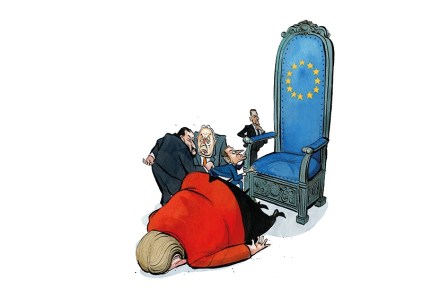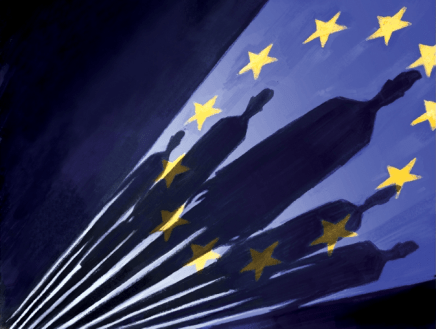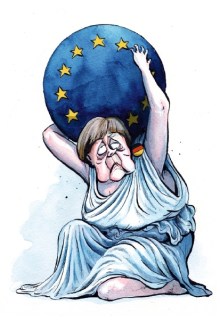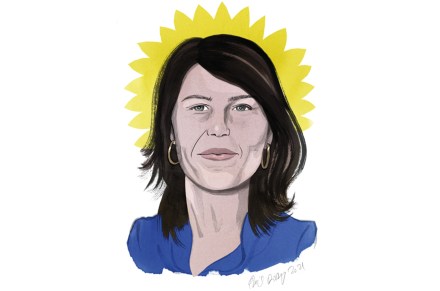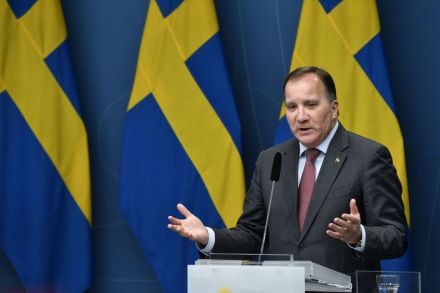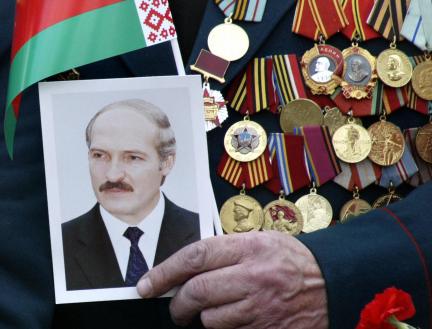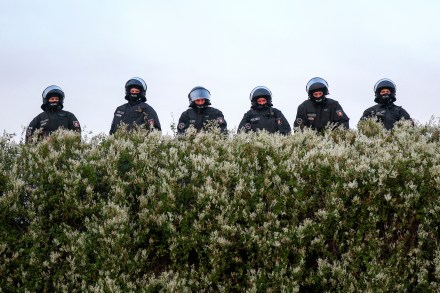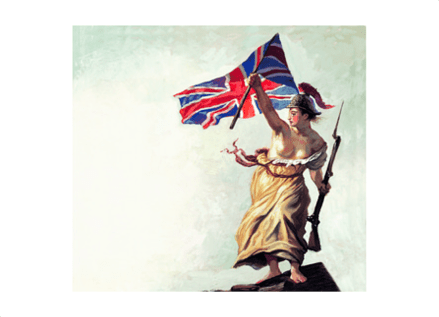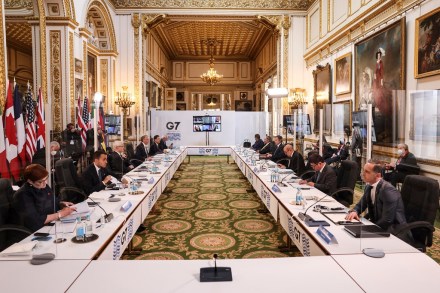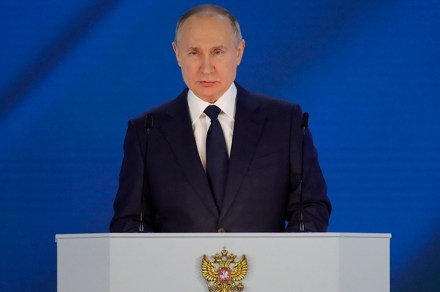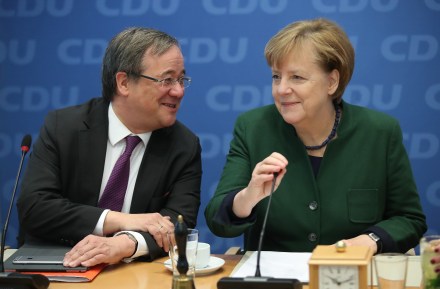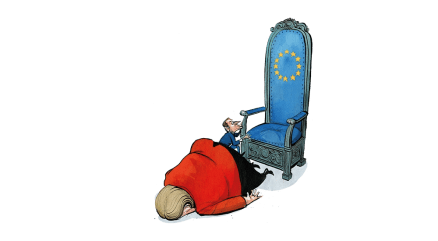What’s the problem with Gareth Southgate’s ‘war talk’?
War analogies are a cherished football tradition. From chants of ‘Stand up if you won the war’ to the Daily Mirror’s infamous 1996 headline ‘Achtung! Surrender – For you Fritz, ze Euro 96 Championship is over!’ But the Euro 2020 tournament has been marked by restraint from the British tabloid media. It’s as if someone had told them not to mention the war. Unperturbed by the comparative quiet on the war-theme front this year, Gareth Southgate has gone out guns blazing in an interview with the Telegraph. Ahead of England’s final against Italy on Sunday, he told the paper that it was a kind of Blitz spirit that allowed his



